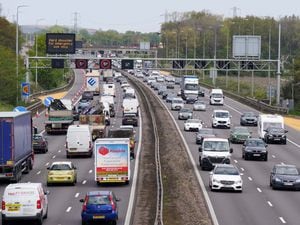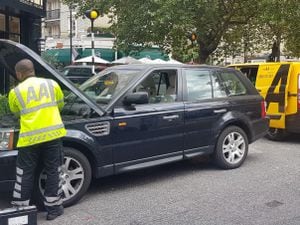Motorists driving with ‘dangerous’ amount of prescription medications in their system, says road safety charity
IAM RoadSmart says that Britain has a ‘drug-drive problem’.

Britain is in the midst of a ‘hidden epidemic of drug-driving’, according to a leading road safety charity.
IAM RoadSmart has found that close to one-in-three motorists are ‘unwittingly’ driving with ‘dangerous’ amounts of drugs in their system, following a survey of 2,000 people. These substances include everyday prescriptions such as painkillers and antidepressants.
The survey found that 30 per cent of drivers do not know what the maximum dose of prescription medication will do to their driving, while 31 per cent did not know how long they should wait before driving after taking their medication.
Over one-in-five drivers either ‘rarely’ or ‘never’ check whether their medication will impact their ability to drive, while over one-in-four are unlikely to avoid driving after taking over-the-counter medication.
Antony Kildare, CEO at IAM RoadSmart, said: “When people think of driving while under the influence of drugs, they will probably, quite understandably, think of those who get behind the wheel after taking illicit and recreational substances such as cocaine, cannabis or ecstasy.
“And yet legal drugs that are used for medicinal purposes can often be just as potent, and could profoundly impact a driver’s judgement while behind the wheel.”
It’s an offence to drive or attempt to drive while ‘unfit because of drug use’ in the UK, while laws do not distinguish between illegal and prescribed drugs. However, IAM RoadSmart states that those who may have driven over the legal limit may have a ‘medical defence’ providing that they have followed the advice of healthcare professionals. The prescribed drugs must also not cause the driver to be unfit behind the wheel.





